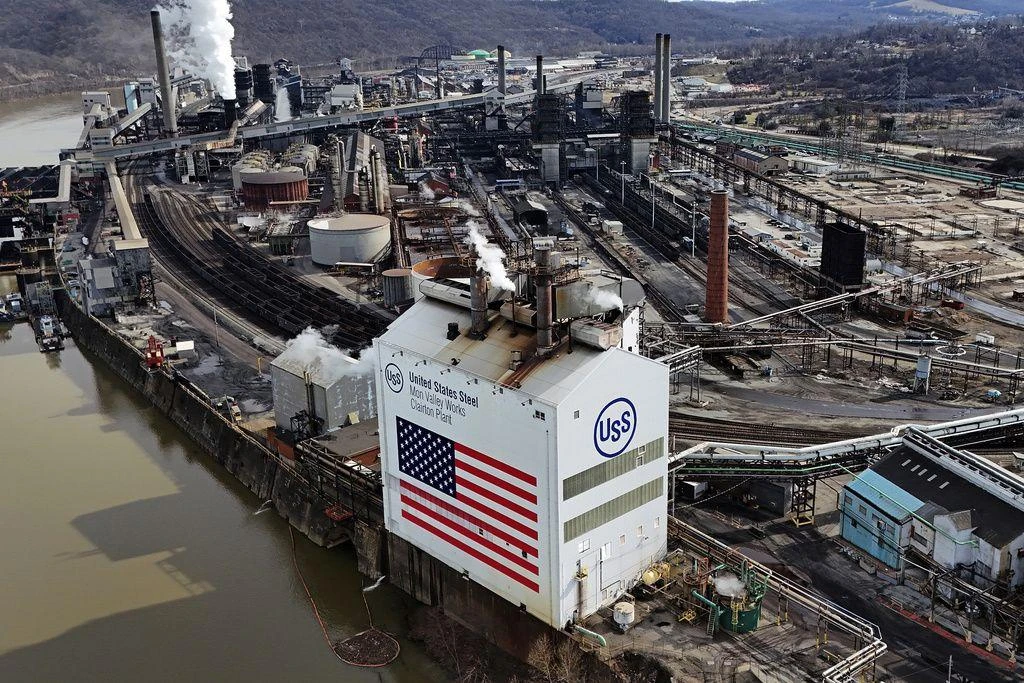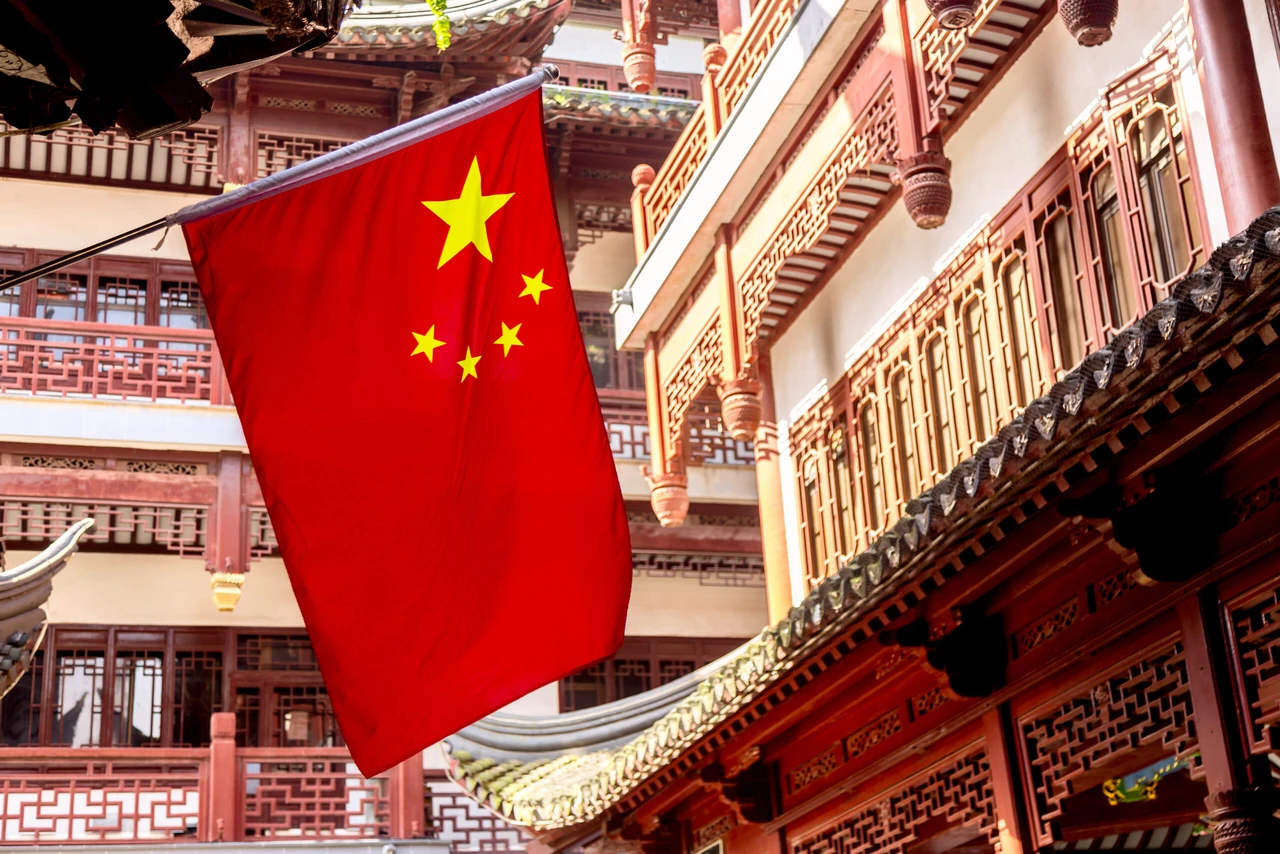US President Biden opposes sale of U.S. Steel to Nippon Steel

Biden’s strong opposition to Nippon Steel’s proposed purchase of U.S. Steel sparks heated discussion over the future of American manufacturing and foreign investment in vital sectors
An already heated discussion over the future of American manufacturing and the place of foreign investment in vital sectors has taken a new turn with President Joe Biden’s strong opposition to Nippon Steel of Japan’s proposed purchase of U.S. Steel.
In a statement that was made public on Thursday, Biden stressed the need to keep robust American steel industries and stressed the need to retain local ownership and operations. He said, “It is imperative that U.S. Steel continue to be an American steel company that is owned and operated domestically because it has been a legendary American steel company for over a century.”
Despite possible negative effects on diplomacy and the economy, the President’s opposition to the merger, which was made public on his Midwest campaign trail, indicates strong support for unionized workers ahead of a pivotal election year.
AFL-CIO and other large labor organizations have backed Biden, who has made reviving American industry a top priority throughout his administration and has continuously spoken up for the rights of American workers. His choice to oppose the transaction demonstrates his dedication to defending union members’ livelihoods in crucial states that are considered battlegrounds.
Concerns have been expressed on how Nippon Steel’s planned $14.1 billion purchase of the Pittsburgh-based steel manufacturer might affect supply chains, national security, and worker rights. Detractors are unconvinced, despite the Japanese company’s emphasis on the deal’s advantages for U.S. Steel, which include increased competitiveness and strengthened national security against threats from the global economy.
In order to reiterate his support for the union’s members, the White House verified that Biden had reached out to David McCall, president of United Steelworkers. The government did not, however, go so far as to officially enter the current review process that is being carried out by the confidential Committee on Foreign Investment in the United States (CFIUS).
Although the CFIUS assessment is still in progress, Biden’s strong opposition to the sale is consistent with his administration’s overarching plan to put American interests first in the face of growing international competition, especially from China. Nippon Steel’s links to China have raised questions, even while the government is committed to strengthening its bonds with Japan. This has complicated the discussion.
Given how divisive the topic is, the news has sparked a rush of comments from different groups. Senator Bob Casey of Pennsylvania echoed Biden’s views, promising to oppose any deal that jeopardizes the interests of American steelworkers, even as the U.S. Chamber of Commerce cautioned against politicizing the CFIUS review process and warned of potential repercussions on foreign investment and bilateral relations.
The outcome of the ongoing discussion might have far-reaching effects beyond the steel sector and could determine the future of U.S. Steel. Biden’s objection to the sale highlights the intricate interaction of national security, electoral politics, and economic policy in determining the future of American manufacturing against the background of rising global tensions and domestic economic woes.
Source: AP



